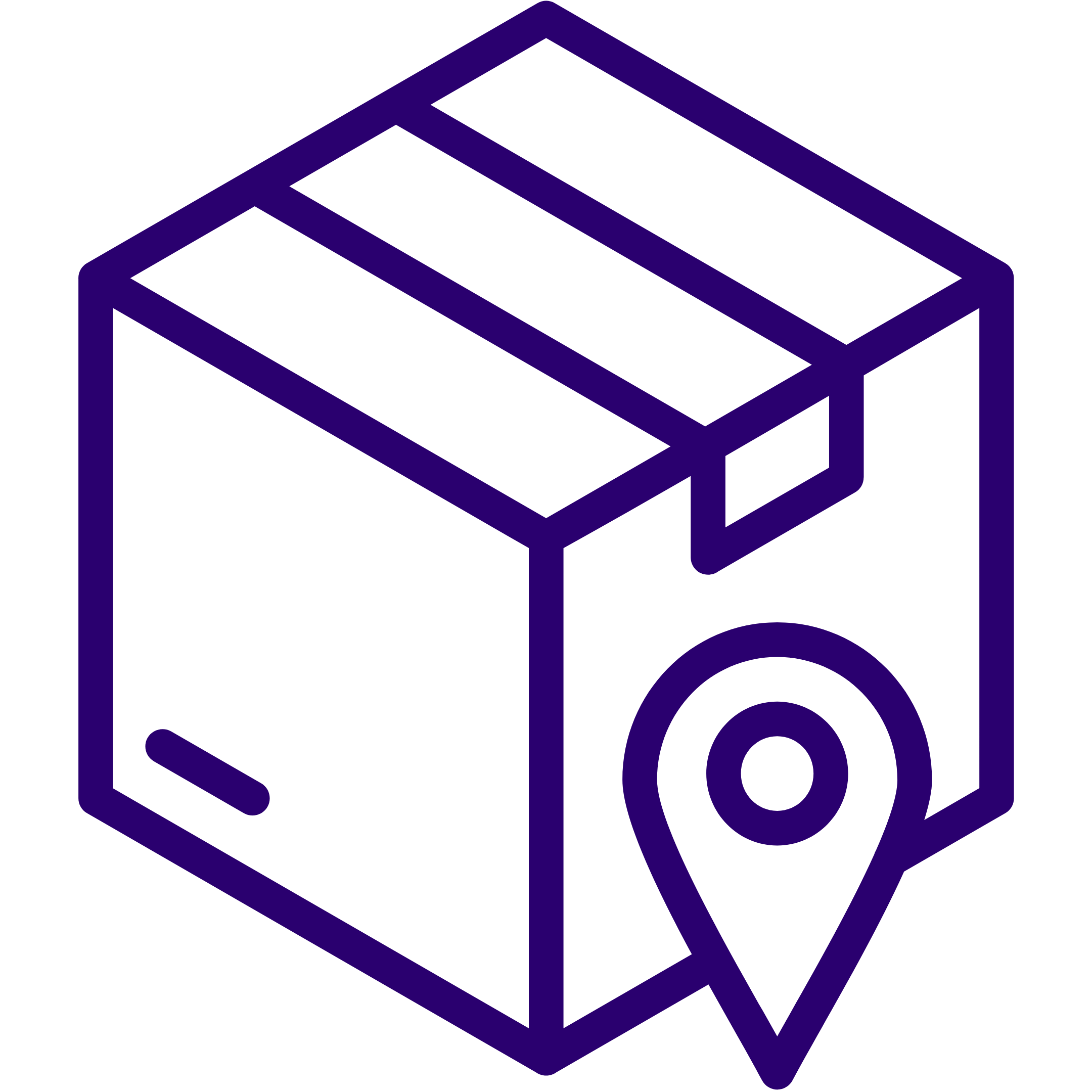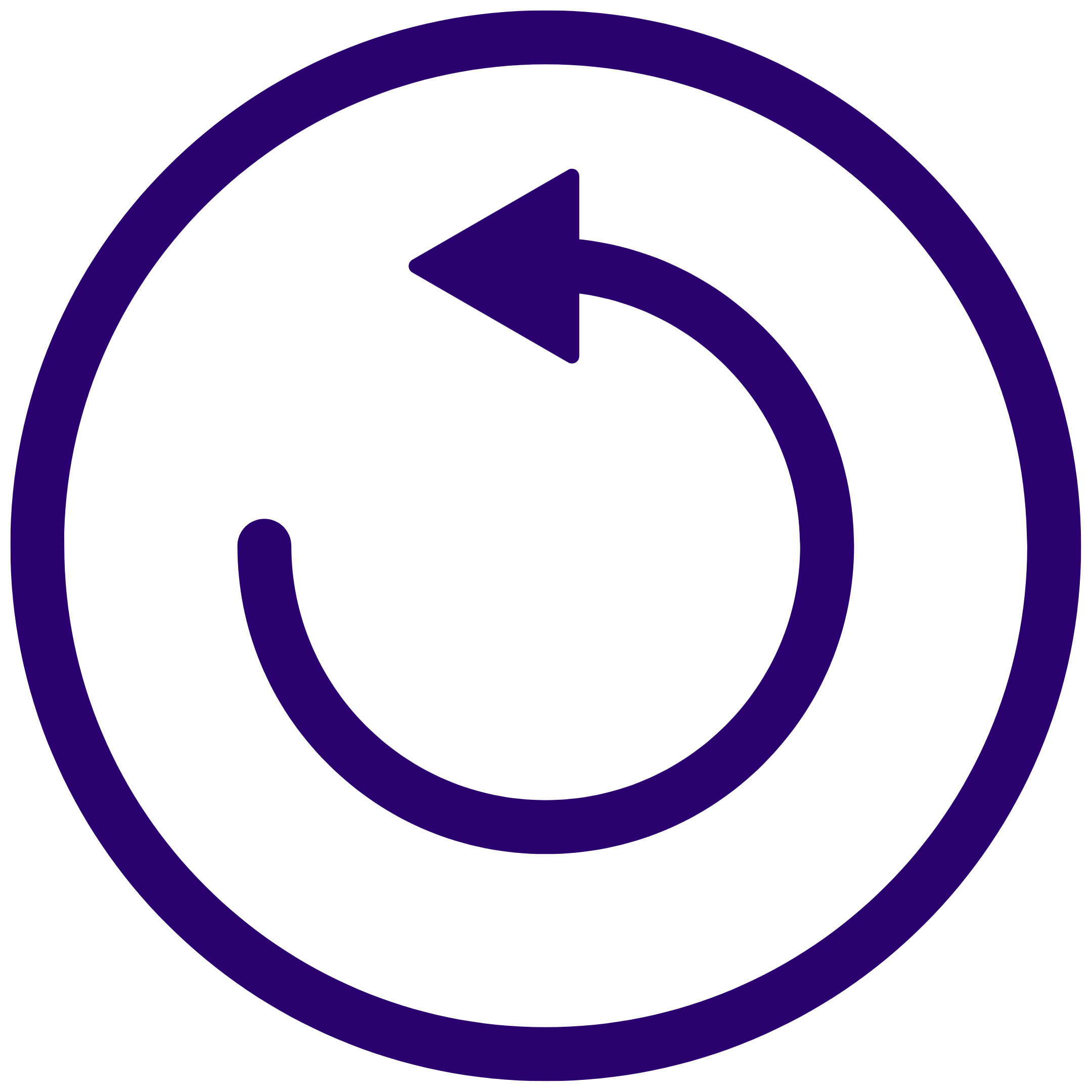Philips CPAP Recall - What You Need to Know and How to Stay Safe
In June of 2021 healthcare manufacturer Philips issued a voluntary recall for many of it’s CPAP, BiPAP, and other respiratory care devices. This includes the popular DreamStation CPAP, but not the DreamStation 2.
Below, we’ve covered what you’ll need to know about the recall, what to do if your CPAP is one of the affected devices, and who to contact with your questions and concerns.
Table of Contents
- What Is the Reason For the Philips CPAP Recall?
- What Are the Potential Health Risks?
- Which Philips CPAP Machines Are Recalled?
- Which CPAP Machines Does the Recall NOT Affect?
- Is There a ResMed CPAP Recall?
- What Do I Do If My Philips CPAP Has Been Recalled?
- Should I Stop Using My Philips DreamStation?
- Is It Safe to Use an Ozone CPAP Cleaner?
- Replacing Your CPAP Device
What Is the Reason For the Philips CPAP Recall?
Philips issued the recall notification due to possible health risks related to a foam used inside CPAP and mechanical ventilator devices. The foam is a padding made of polyester-based polyurethane (PE-PUR) and is used to make the machines quieter. When exposed to high heat and high humidity this foam may degrade into small particles, which can then enter the machine’s airflow and potentially be breathed in during CPAP therapy.
The foam degradation may also cause the release of chemical emissions, which has the possibility of carcinogenic effects.
What Are the Potential Health Risks?
According to the FDA, exposure to the foam particles may cause:
- Irritation of the skin, eyes, and respiratory tract
- Headache
- Asthma
- Toxic or carcinogenic effects
Additionally, exposure to chemical emissions may cause:
- Headache
- Dizziness
- Nausea and vomiting
- Irritation of the eyes, nose, skin, and respiratory tract
- Toxic or carcinogenic effects
It’s also important to note that while there have been complaints of various symptoms, according to Philips there have been no reports of serious harm or reports of death associated with these machine issues.
Please note: Symptoms may include coughing, chest pressure, throat or airway irritation, and sinus infection. If you own one of the affected devices and are experiencing one or more of these symptoms, you should speak with your doctor or healthcare provider right away.
Which Philips CPAP Machines Are Recalled?
CPAP and BiPAP (Non-Continuous Ventilator)
- DreamStation
- DreamStation Go
- SystemOne
- Dorma 400/ Dorma 500
- REMStar SE Auto
ASV and Continuous Ventilator (Non-Life Supporting)
- DreamStation ASV/ DreamStation ST/AVAPS
- SystemOne ASV4
- C-Series ASV/ C-Series S/T/AVAPS
- OmniLab Advanced+
- E30 (Emergency Use Authorization)
Mechanical Ventilator
- Trilogy 100/ Trilogy 200
- Garbin Plus, Aeris, LifeVent
- A-Series BiPAP Hybrid/ A-Series BiPAP V30 Auto
- A-Series BiPAP A30/ A-Series BiPAP A40
Which CPAP Machines Does the Recall NOT Affect?
According to Philips the following machines are not included in the recall, either because they use a new material for their sound abatement foam, or because the foam is in a different location.
- DreamStation 2 CPAP, BiPAP, or APAPs
- Trilogy Evo/ Trilogy Evo OBM/ Trilogy EV300/ Trilogy 202
- A-Series Pro and EFL
- M-Series
- Omnilab
- Dorma 100/ Dorma 200
- REMStar SE
- V60/ V60 Plus/ V680 Ventilators
- Any oxygen concentrators or respiratory drug delivery devices
Is There a ResMed CPAP Recall?
No, there is no ResMed recall. ResMed is a separate company from Philips Respironics and is not subject to the Philips recall. ResMed CPAP, APAP, or BiPAP (BiLevel PAP) machines are safe to use.
ResMed uses a different material for their sound abatement foam; however, they do note that you should still avoid unapproved cleaning methods– such as attaching an ozone CPAP cleaner or sanitizer directly to your CPAP machine.
What Do I Do If My Philips CPAP Has Been Recalled?
Philips has already begun to repair or replace the affected machines, and has created a registration process where you can check if your machine is affected and then begin a claim.
If you have been using a CPAP or medical device included in the recall, you should:
- Locate your serial number. Philips has provided this guide to help you: https://www.philipssrcupdate.expertinquiry.com/locate-serial-number
- Fill out the registration form at the bottom of this page: https://www.philipssrcupdate.expertinquiry.com/
This will tell you if your device is included in the recall, and if so, begin the registration process. - Continue to check Philips.com for new information as Philips issues updates.
You can find more information on https://www.philips.com/src-update
If you cannot access the form, or need additional help, you can also reach a Philips representative at 877-907-7508.
Please note: Be sure to communicate directly with Philips with questions and concerns. Though you may have received your machine from a DME or other provider, these suppliers will not be able to repair or replace your machine according to the terms of the recall.
Should I Stop Using My Philips DreamStation?
Sleep apnea is a potentially dangerous condition, so you should always talk to your doctor or healthcare provider before making changes to your treatment plan.
Philips has issued the following recommendations regarding continued CPAP treatment:
For patients using CPAP (continuous positive airway pressure), BiPAP (bi-level positive airway pressure), or APAP (auto CPAP) machines Philips recommends discontinuing the use of your device. You should talk to your doctor to determine the safest way to continue your sleep therapy.
For patients using life-sustaining mechanical ventilator devices Philips recommends that you do NOT discontinue use until you are able to consult with your physician on the safest course of treatment.
Is It Safe to Use an Ozone CPAP Cleaner?
In their recall, Philips identified “unapproved cleaning methods” such as ozone CPAP sanitizers as potentially contributing to the breakdown of the sound abatement foam component. So is it safe to use your ozone CPAP cleaner?
When used as instructed, ozone CPAP sanitizers are safe and effective for cleaning your CPAP supplies and equipment; however, it is not recommended that you connect your CPAP cleaner directly to your CPAP machine.
Replacing Your CPAP Device
Both the manufacturer recommendations and insurance guidelines agree: the expected lifespan of a CPAP machine is 3-5 years. If your CPAP is 5 years old or older, it may be time to replace it before it begins to break down.
And if you’re used to using one of the first-generation DreamStation machines, you may be surprised to find that there are now quieter and more advanced CPAP devices that have even more convenient and easy-to-use features!
Check out our wide selection of sleep apnea machines, from trusted names like ResMed, Fisher & Paykel, DeVilbiss, and more.





